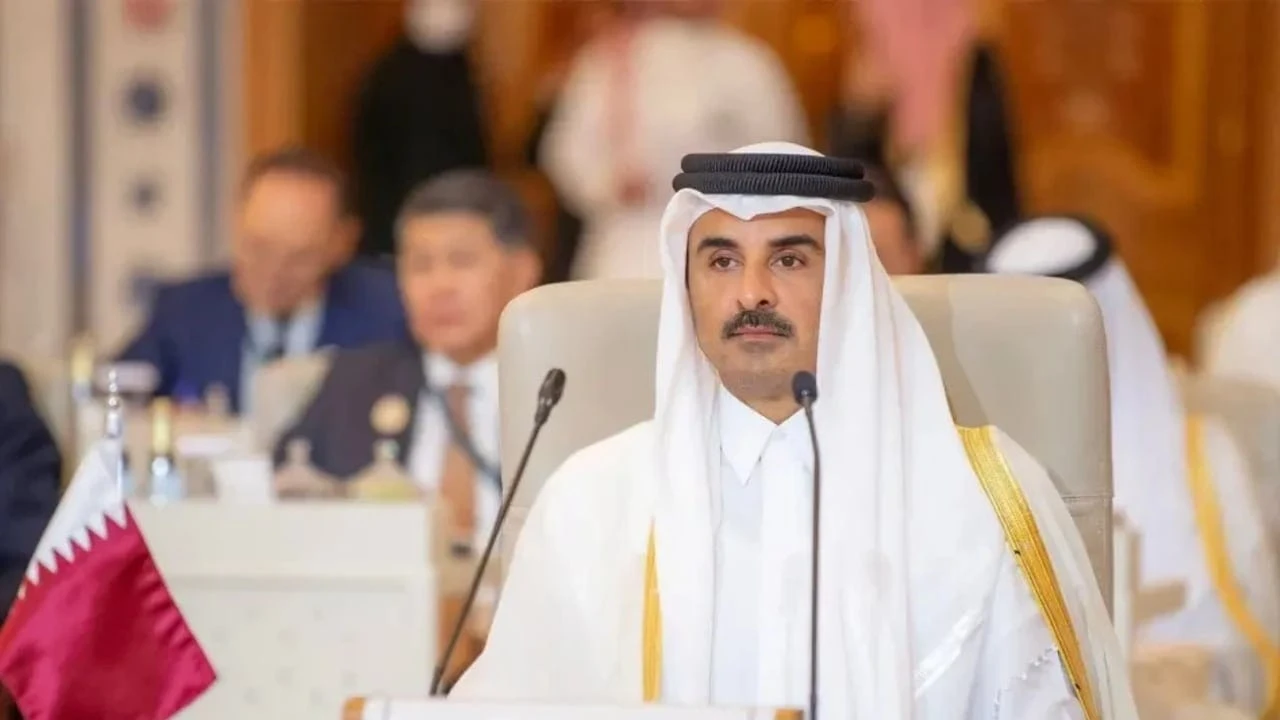Israel Opens a Soft-Power Front Against Qatar

Israel appears to be entering a new phase in its regional strategy, one that moves beyond traditional military threats and enters the realm of soft power warfare. With Iran long considered the primary threat, Israel is now increasingly turning its focus toward Qatar, especially targeting the influence and operations of the Qatari-funded media outlet Al Jazeera. This shift signals a broader recognition within Israeli strategic circles that the battlefield of global opinion, narrative, and image is just as critical as missiles and ground troops. The growing Israeli campaign against Qatar demonstrates how media, diplomacy, and soft power are becoming central to Middle Eastern geopolitics.
At the heart of this confrontation is Al Jazeera, one of the most influential news networks in the Arab world and beyond. Funded by the Qatari government, Al Jazeera has long been a thorn in the side of Israel due to its extensive and often critical coverage of the Israeli-Palestinian conflict. For years, Israel has accused the network of bias and of serving as a platform for promoting anti-Israel sentiment, particularly in its Arabic-language programming. The English-language version, while more measured in tone, still presents narratives that challenge Israeli policies and military actions. With its vast global reach, Al Jazeera has become an indispensable tool of Qatari soft power, something Israel now views as a strategic threat.
Israel’s response has been swift and increasingly aggressive. Legal frameworks have been enacted to ban or suspend foreign media considered hostile to national security, with Al Jazeera being the main target. Offices have been shut down, equipment confiscated, and journalists accused of links to extremist groups. These measures are part of a broader push to delegitimize Al Jazeera as a legitimate news organization and recast it as a propaganda arm of Qatar’s foreign policy. By doing so, Israel aims not just to silence a critical voice but to dismantle what it sees as a sophisticated soft-power campaign being waged from Doha.
Beyond Al Jazeera, the Israeli campaign extends into other areas of Qatari influence. Qatar’s global investments in education, sports, and culture, ranging from elite universities in Doha to ownership of major European football clubs, are now viewed through a more suspicious lens in Israel. What once might have been dismissed as harmless international outreach is increasingly interpreted as part of a calculated effort to build political capital, shape narratives, and position Qatar as a major player on the world stage. This, in turn, challenges Israel’s efforts to portray itself as the region’s most modern, democratic, and innovative society.
The diplomatic implications of this campaign are already being felt. Israel has used its influence to push allies, including the United States, to pressure Qatar over its media influence and role as a mediator in conflicts involving Hamas and other Palestinian factions. Qatar’s position as a central negotiator in ceasefires and hostage releases, particularly in the Gaza context, has given it enormous visibility and soft-power leverage. Israel, however, views this mediation role with growing distrust, suspecting that Qatar’s public diplomacy masks a deeper agenda of empowering Islamist movements and eroding Israel’s legitimacy on the global stage.
Internally, Israel’s intensifying focus on Qatar has also led to political fallout. Allegations of improper connections between Qatari officials and certain Israeli political operatives have raised serious concerns, leading to high-profile investigations and public scrutiny. These developments suggest that the battle over Qatar’s influence is not just a foreign policy issue but one with potential ramifications for Israeli domestic politics and governance.
From Qatar’s perspective, Israel’s campaign is seen as an attack on press freedom and an attempt to silence critical voices. Doha has consistently defended Al Jazeera as an independent media outlet committed to journalistic standards, even amid growing international scrutiny and accusations. Qatar insists that its role in regional diplomacy is grounded in humanitarian concerns and dialogue, not ideological alignment with resistance movements. However, these defences are unlikely to change Israeli perceptions or deter future measures aimed at curbing Qatari soft power.
This escalating confrontation underscores a broader shift in the nature of conflict in the Middle East. The traditional tools of warfare, tanks, missiles, and troops, are now complemented by a more subtle but no less consequential struggle over hearts, minds, and international reputation. Israel’s targeting of Qatar, and particularly Al Jazeera, reveals a new dimension of strategic thinking: one that recognizes the power of media, culture, and diplomacy as forces capable of reshaping alliances, undermining adversaries, and influencing global policy.
Whether Israel’s campaign succeeds in weakening Qatar’s soft power remains to be seen. On one hand, aggressive measures against Al Jazeera and Qatari influence might limit the reach of narratives critical of Israel. On the other hand, such actions risk backfiring by reinforcing accusations of censorship and authoritarianism, potentially alienating global audiences and rallying support for Qatar. What is clear, however, is that the battle is no longer just for territory, it is for perception, legitimacy, and the narrative itself. As this war of images and ideas unfolds, the rivalry between Israel and Qatar is likely to become one of the defining geopolitical contests of the coming years.












